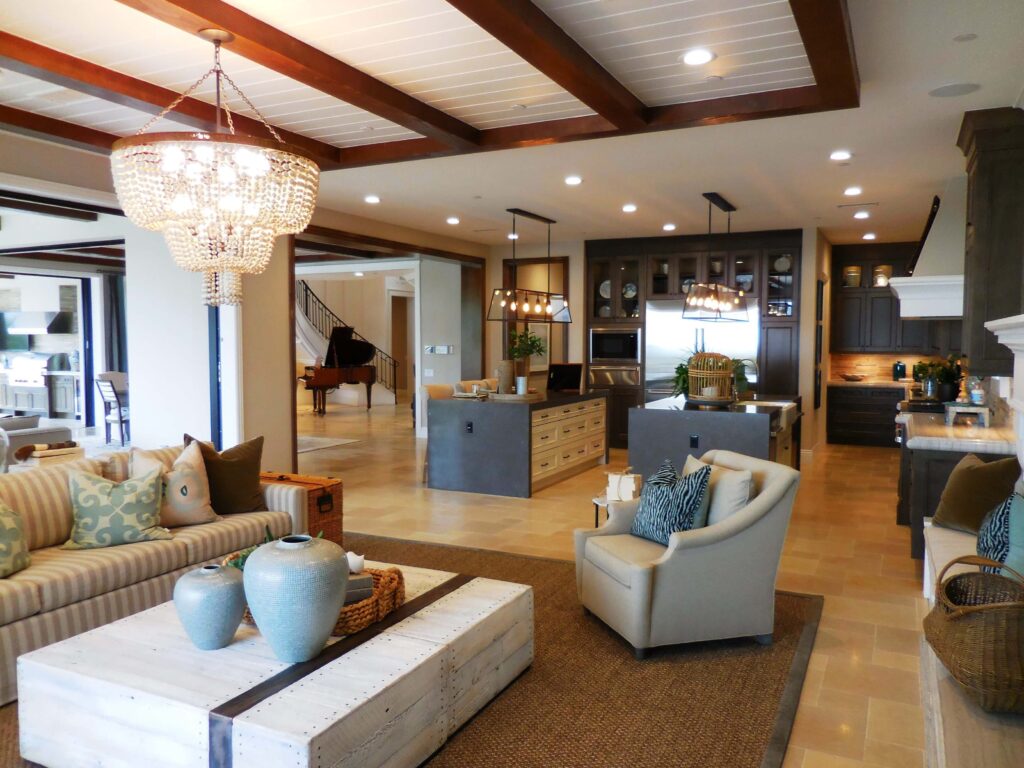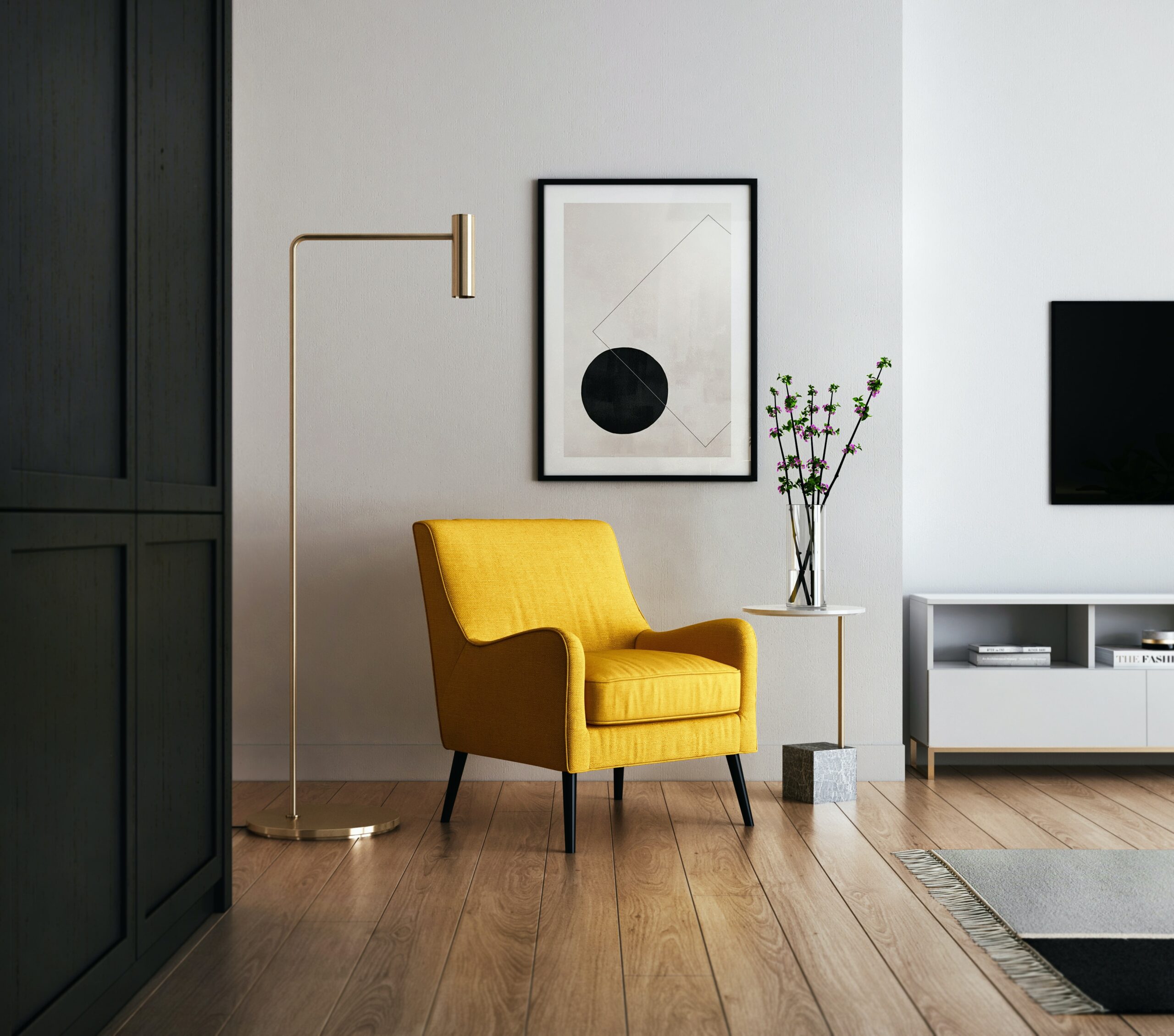There isn’t a single “best” stream for pursuing a career in interior design, as individuals can enter the field from various educational backgrounds. However, there are specific streams or academic paths that are commonly chosen by aspiring interior designers. The most relevant educational backgrounds for interior design include:
- Interior Design Programs:
- Many universities and colleges offer dedicated interior design programs at the undergraduate and graduate levels. These programs provide a comprehensive education in design principles, space planning, color theory, materials, and other relevant skills.
- Architecture:
- Individuals with a background in architecture often have a strong foundation in spatial design and understanding of structures, which can be beneficial for interior design.
- Fine Arts or Design:
- Degrees in fine arts or design can provide a solid foundation in artistic principles and creativity, which are essential in interior design.
- Environmental Design:
- Some institutions offer programs in environmental design, which can cover aspects of both architecture and interior design.
- Home Science or Home Economics:
- Programs in home science or home economics may cover aspects of interior design, focusing on creating functional and aesthetically pleasing living spaces.
- Furniture Design:
- Some individuals with a background in furniture design may transition into interior design, as the knowledge of furniture and its placement is relevant to interior spaces.
While these are common paths, it’s worth noting that individuals from diverse educational backgrounds, such as business, psychology, or even science, have successfully entered the field of interior design. What’s crucial is a passion for design, creativity, and a willingness to learn the specific skills required for the profession.
Before choosing a stream, it’s advisable for aspiring interior designers to research the curriculum of the programs they are interested in, consider their personal interests and strengths, and choose a path that aligns with their career goals. Additionally, gaining practical experience through internships or entry-level positions can be valuable in building a strong foundation for a career in interior design.

